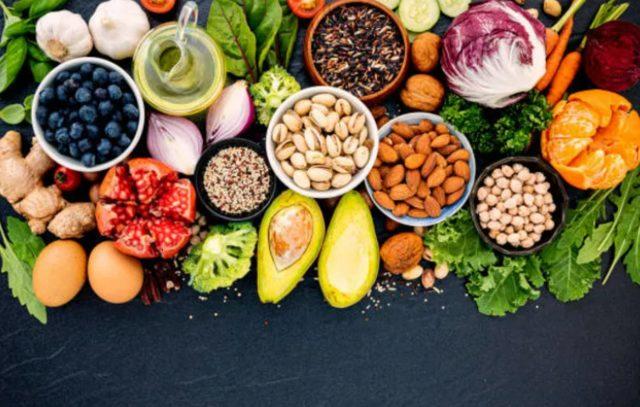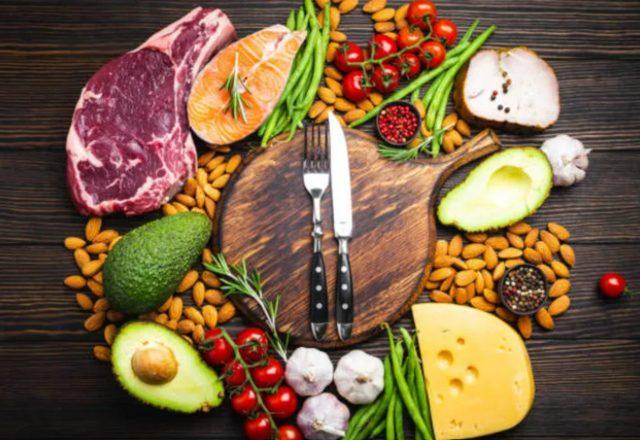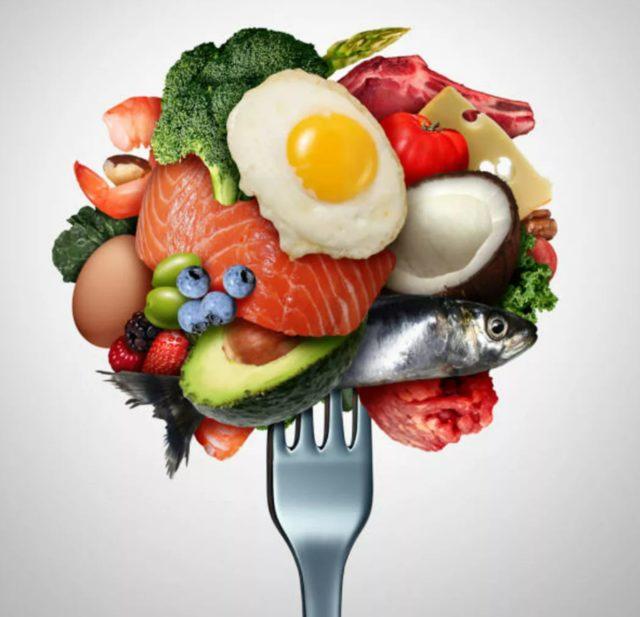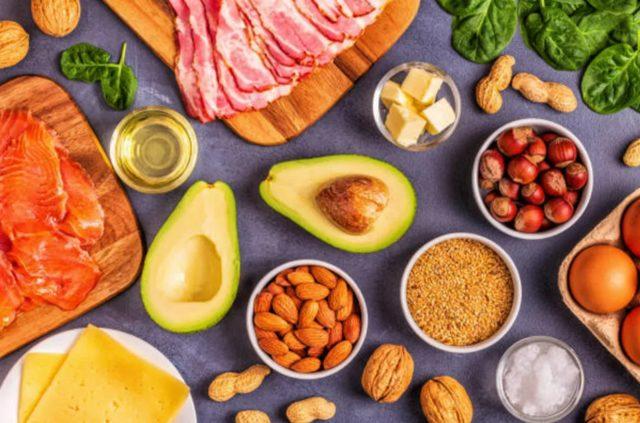Unconscious diets without doctor control pose a great risk to health. The keto diet is one of the most practiced diets around the world. Although this ultra-low-carb diet is thought to promote wellness and speed up the weight loss process, Canadian researchers who followed 1,500 people for more than a decade found that the diet can increase levels of ‘bad’ cholesterol.
TWICE RISK OF HEART DISEASES
New research has found that diets similar to the popular keto diet may be linked to a higher risk of heart disease. They found that those who followed a high-fat, low-carb diet were twice as likely as their peers to suffer cardiovascular events such as clogged arteries, heart attacks and strokes. The team believes this is because high levels of bad cholesterol cause fatty deposits on artery walls that can narrow or clog them.
CAN INCREASE CHOLESTEROL LEVELS

Dr., from the University of British Columbia Center for Heart Lung Innovation, who led the study. Iulia Iatan said: “Low-calorie, high-fat [Keto benzeri] Among participants following a diet, those with the highest levels of LDL cholesterol were at highest risk for a cardiovascular event. Our findings suggest that people considering an LCHF diet should be aware that doing so can lead to an increase in their LDL cholesterol levels.
HEALTH CONTROLS NEED TO BE MONITORED DURING THE DIET
They should consult a healthcare professional before embarking on this dietary pattern. ‘During the diet, it is recommended to monitor cholesterol levels and try to address other risk factors for heart disease or stroke, such as diabetes, high blood pressure, physical inactivity and smoking.’
ATTENTION TO MEALS WITH HIGH FAT RATIO

Our bodies naturally produce ‘bad’ cholesterol or low-density lipoprotein (LDL), but eating diets high in saturated and trans fats causes your body to produce even more LDL. LDL contributes to the buildup of inflammatory fatty deposits known as plaques in the arteries, which increases the risk of heart attack or stroke.
WHAT IS KETO DIET? HOW TO EAT ON THE KETO DIET?

The keto diet involves getting 60 to 80 percent of daily calories from fats and 20 to 30 percent from protein, including cheese, avocados and fatty fish. Followers try to eat as few carbohydrates as possible, which means cutting back on bread, rice, and potatoes, among other sources. Carbohydrates are the main source of energy the body uses when exercising or moving on a daily basis.
RESEARCH PROCESS OF THE KETOGENIC DIET

After finding 70,684 people whose data were taken once on their daily calorie intake and their blood cholesterol levels, they controlled 305 participants who were on a ‘Keto-like’ diet. This was defined as getting more than 45 percent of their daily calories from fats and less than a quarter from carbohydrates.
They were matched with 1,220 people whose diets did not fit that description and were described as “standard eaters.” Overall, about three-quarters of the participants were female, with an average age of 54 years. All were considered overweight. Data were analyzed by adjusting for factors such as diabetes, high blood pressure, smoking and obesity. During the 12-year study, about 9.8 percent of people in the Keto-like diet group experienced a serious cardiac event.

This included heart attacks, strokes, and blockage in the artery that needed a stenting procedure. For comparison, only 4.3 percent experienced serious cardiac events during the same period in the group that ate the standard diet. Researchers also found higher levels of LDL cholesterol — or bad cholesterol — in the Keto group and apolipoprotiein B, a protein that helps transport fat and cholesterol throughout the body.
